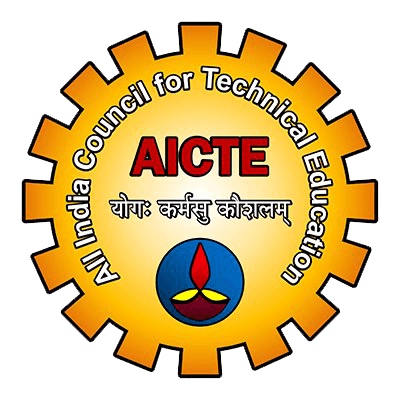

Prof. Karthik Ramani, Senior Professor and Physical AI expert from Purdue University, USA, visited Paavai Educational Institutions and addressed the press, offering insightful perspectives on the future of Artificial Intelligence (AI).
He emphasized that AI technology is evolving at a rapid pace and has become a cornerstone of innovation in today’s world. With its growing influence across diverse industries globally, AI holds immense potential—especially in countries like India, which boasts a large, dynamic youth population. He observed that India, having already established itself as a global leader in the software industry, is now poised to achieve similar prominence in AI.
Recognizing this opportunity, Paavai Educational Institutions have proactively integrated AI-related subjects into their academic curriculum. Their autonomous faculty teams have meticulously designed interdisciplinary courses that blend AI with various branches such as Computer Science, Electrical Engineering, Electronics and Communication, Mechanical Engineering, Civil Engineering, Agricultural Engineering, Food Technology, Biomedical Engineering, Pharmaceutical Engineering, Biotechnology, and other allied fields. These academic advancements aim to produce industry-ready, highly employable AI professionals.
As part of a long-term collaboration, Paavai Educational Institutions are now working with students from Purdue University on research-based projects. During his visit, Prof. Karthik Ramani conducted a series of intensive two-day training workshops for faculty and students. These sessions will continue through online platforms in the future, ensuring sustained knowledge exchange and development.
With AI already deeply embedded in their curriculum, Paavai Educational Institutions are well-positioned to make significant contributions to global advancements. Several student projects presented during the event showcased great potential, with possibilities for future commercialization. These innovations could impact key sectors such as agriculture, manufacturing, healthcare, sanitation, and transportation. To further support this vision, Paavai and Purdue University have outlined a five-year collaborative initiative.
Prof. Ramani also reassured that AI should not be feared as a threat to human employment. Drawing parallels to the initial apprehensions during the advent of computerization, he clarified that AI, rather than eliminating jobs, enhances efficiency, frees up time for quality-focused work, and ultimately leads to better job opportunities and increased wages. He stressed that technology, when leveraged for human progress, should be embraced—not feared. As AI continues to integrate across sectors, there will always be promising career paths for those who specialize in it.
Paavai Educational Institutions are setting a benchmark by embedding AI into all disciplines, ensuring that every student—regardless of their branch—has a bright and technologically empowered future. Their forward-thinking initiatives are expected to significantly contribute to India’s GDP and global growth trajectory.
The press meet was graced by the esteemed presence of Shri. CA. N. V. Natarajan, Founder and Chairman of Paavai Educational Institutions; Mrs. Mangai Natarajan, Correspondent; Prof. R.R. Krishnamurthy, Director, Centre for Research; Dr. K.K. Ramasamy, Director, Administration; Prof. M. Premkumar, Principal, Paavai Engineering College; Dr. Selvi, Dean, Academics; Ms. Kamala Krishnamurthy, Centre Head, Paavai Innovation Forum, along with various Heads of Departments and faculty members.
Read More